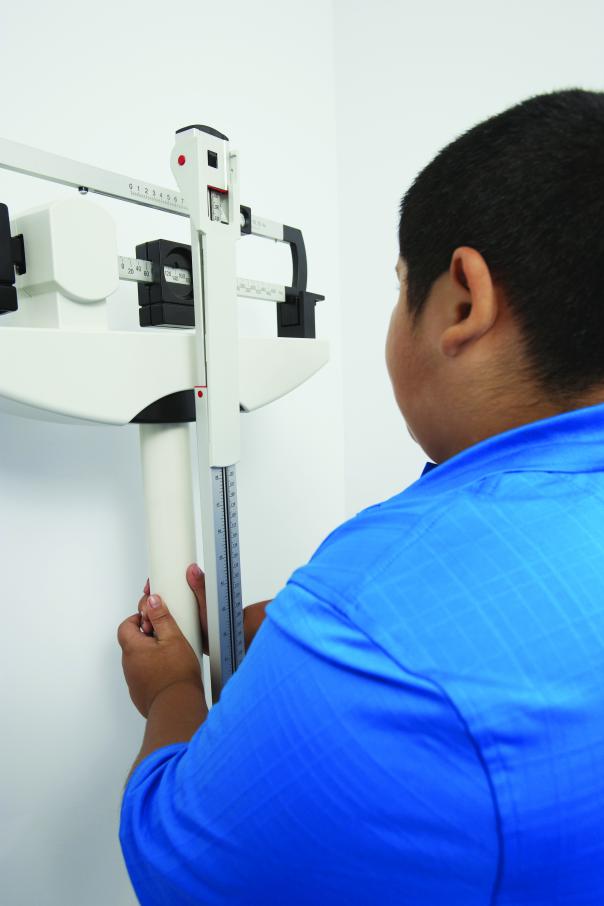
The government is being challenged to provide clearer structures and frameworks for specialist weight-management services, alongside increased funding, to tackle the country’s growing obesity problem among children and young people.
With an estimated 2.9% of girls and 3.9% of boys suffering from severe obesity – leading to potential cardiovascular disease, type 2 diabetes and other health conditions – the SHINE (Self-Help, Independence, Nutrition and Exercise, an established tier-3 weight-management programme) and Leeds Beckett-led research, suggests there is currently a lack of direction and guidance for these children and young people in accessing specialist obesity services.
The research undertaken by SHINE managing director Kath Sharman and Leeds Beckett researcher James Nobles was recently published in the British Journal of Obesity, and assesses who should provide tier-3 services and what they should look like in practice, and asks for clarity on funding such services.
Tier-3 services or specialist obesity services are programmes delivered by specialist providers that target children with more complex, severe obesity.
Childhood weight-management researcher James Nobles explained: “Despite the fact that children and young people with severe obesity present with complex needs, positive change is achievable through the provision of various interventions moulded to meet the individual needs of each participant.
“Following the launch of a clinical pathways guide on weight-management services in 2014, it is clear that there remains a lack of tier-3 service provision for childhood weight-management services.
“This research supports the notion of an integrated care pathway for children and young people with obesity and severe obesity, acknowledging that current intervention is not able to always meet the need of complex cases.
“An integrated care pathway would ensure different provisions are available to those families most in need.”
The paper outlines SHINE’s integrated approach to dealing with children and young people with severe obesity and the benefits of a ‘stepped care’ community approach as opposed to a clinically based setting, such as hospitals and special obesity units.
In contrast to tier-2 services, SHINE’s approach places greater emphasis on issues that may contribute to obesity or prevent weight loss, such as emotional eating, stress management and building self-esteem.
Under its 12-week programmes, participants and their families are helped to make decisions for themselves rather than being directed what to do. As a result, 91% of young people helped between September 2011 and May 2013 reduced or maintained their BMI scores after three months of completing the programme.
Sharman, a registered nurse, child and adolescent therapist, and an obesity consultant and trainer, added: “Working with experts at Leeds Beckett University has enabled us to provide an evidence base to help ‘bridge the gap’ in tier-3 obesity services for children and young people with complex needs.
“We now need government and Clinical Commissioning Groups to accept there is a deficit and tackle these problems at a higher level to make a difference for this vulnerable group.”
Researcher Nobles has extensive experience in working with and on childhood weight-management programmes, which comes in addition to his background in workplace health and public health promotion.